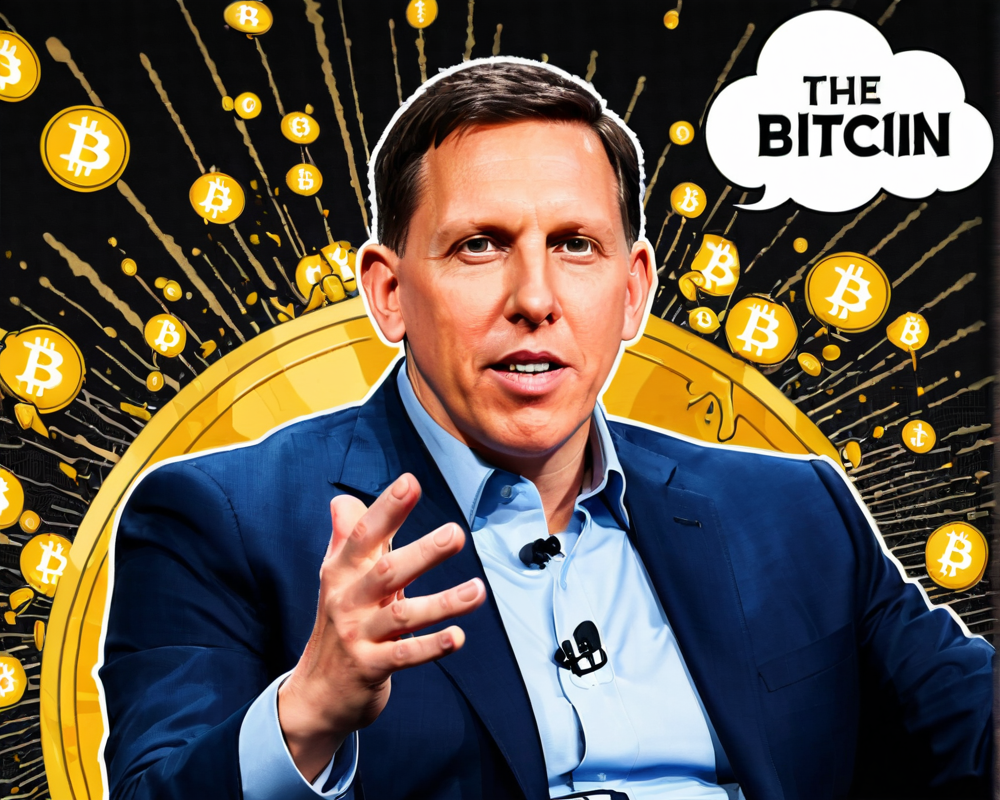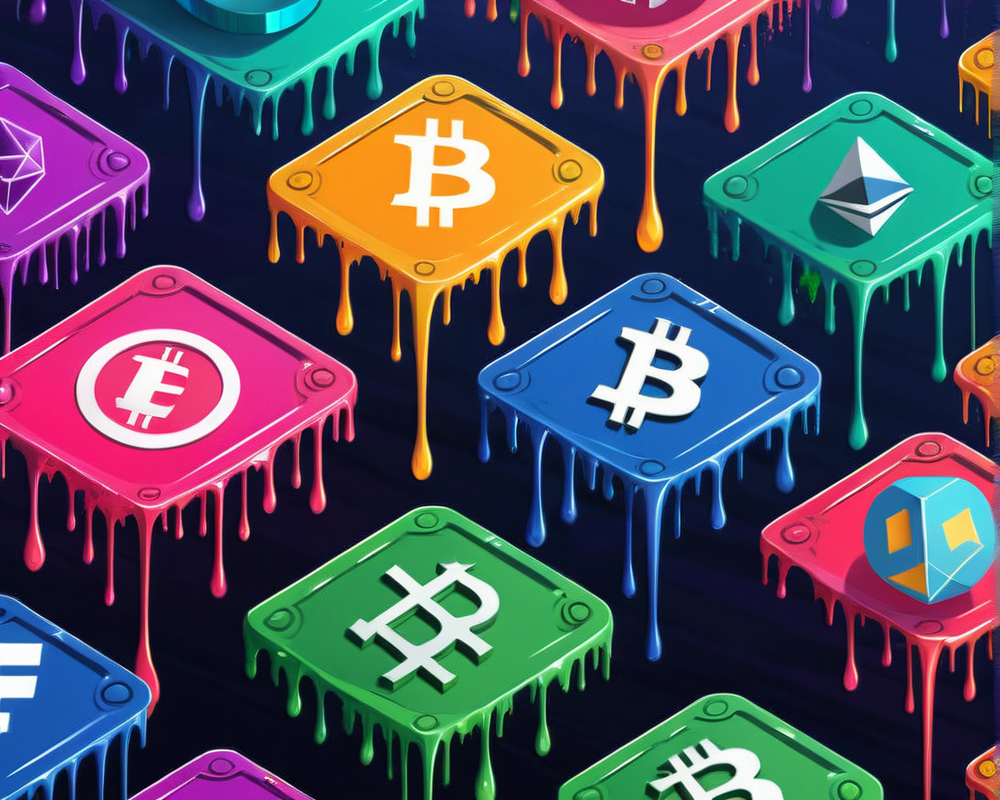The Bitcoin Revolution
In recent years, Bitcoin has taken center stage in discussions about the future of money. Venture capitalist Peter Thiel, boasting a net worth of $2.7 billion, is particularly vocal about how Bitcoin could potentially disrupt traditional fiat currencies. He envisions a world where Bitcoin is so securely encrypted that even tax authorities can’t keep tabs on users’ funds and transactions. Sounds like the dream, right? But hold on; is it really that simple?
Thiel’s Key Observations
During an interview with The Economist, Thiel didn’t just tiptoe around the issue. He dove straight in, emphasizing that the essence of Bitcoin’s value lies in its decentralized nature. This characteristic could empower individuals by allowing them to bypass government oversight and the grip of centralized financial institutions.
Shaking Hands with Politics
Thiel’s perspective is particularly intriguing given his role in President-elect Donald Trump’s transition team. His dual commitment to promoting Bitcoin while rubbing elbows with political heavyweights raises eyebrows. It sparks questions: Does he see Bitcoin as a lifeline for financial freedom, or just a tool to further his agenda? Let’s face it—when it comes to hot-button topics like taxes and personal finance, we could all use a little clarity.
Debunking the Anonymity Myth
Despite Thiel’s assertions of Bitcoin’s anonymity, it’s important to peel back that layer. Sure, in an ideal world, transactions would be concealed, but thanks to Know Your Customer (KYC) regulations, many exchanges are required to collect personal information. Using the public blockchain, authorities can track transactions, unless, of course, you operate with non-custodial wallets and miners directly—although that’s a rabbit hole many aren’t equipped to navigate.
Beyond Tax Evasion
Now, let’s not kid ourselves. The real threat that Bitcoin poses to fiat isn’t about gaming the tax system. It’s about its capacity to allow each user to become their own bank, relegating traditional banking institutions to the sidelines. Amidst soaring inflation rates and the economy’s rollercoaster, trust in banks is waning faster than the latest TikTok fad.
Could Bitcoin Replace the Dollar?
Thiel notes that for Bitcoin—or any decentralized currency—to effectively stand in for the U.S. dollar, it must maintain decentralization. Take PayPal, for instance; it was initially designed to mimic Bitcoin’s functionality, but regulatory pressures have transformed it into a traditional fiat money platform. In other words, the more regulations we tack on, the less freedom we have.
The Bottom Line
In a nutshell, Thiel’s musings are a mixed bag. He paints a bright picture of Bitcoin’s potential to liberate the individual from the tyrannies of fiat currency, but the reality is a bit trickier. As we embark on this digital currency journey, perhaps the best takeaway is that financial literacy in this evolving landscape is just as crucial as the currency itself. Now, let’s raise our virtual glasses to the exciting world of cryptocurrency—just watch out for government regulations lurking in the shadows!




